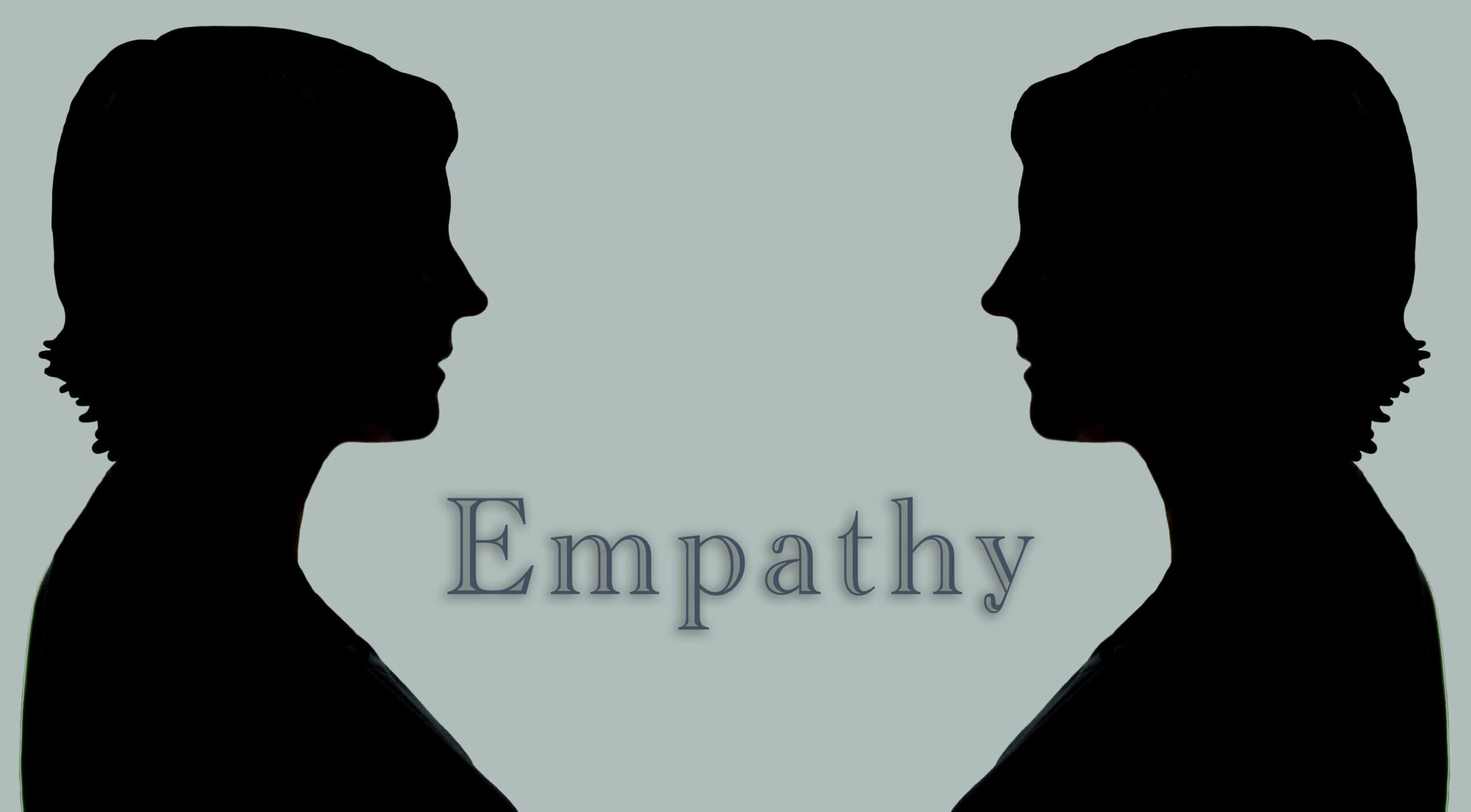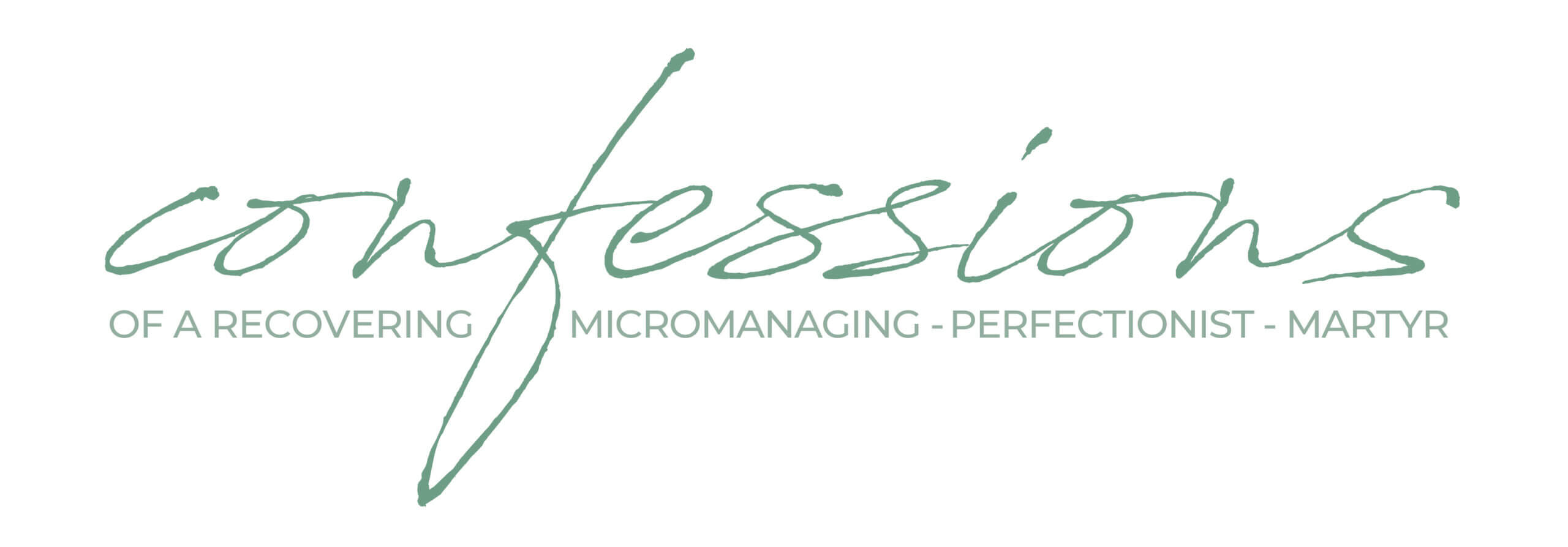

G Man and I recently made a decision to redistribute household responsibilities to allow me more uninterrupted work time. As a result, my husband now has to interrupt his workday to pick up a kid, meet with contractors to deal with the seasonal swimming hole in our basement, and all the other joys that accompany being the default parent. And, as only a default parent knows—this job comes with an extravagant amount of invisible labor.
For the record, this post is not about pointing out how my husband didn’t appreciate me when I was doing all these invisible tasks—I have plenty of other posts on that topic. This post is about truly honoring someone else. In this case, I know exactly how thankless the work of household management is, because I’ve been in G Man’s shoes. I can inquire, commiserate, and show deep gratitude for all the tiny steps he has to complete in his day. Why? Because I’ve been there. And, because I’ve been there, I know how to make my husband feel honored and seen.
But, what can I do when I can’t rely on past experience? How can I make people feel understood when I honestly don’t know what they’re going through, because I’ve never been through it myself? Then, I remembered an old acting method I was taught: The Meisner Technique. When applying the Meisner Technique, an actor thinks about a personal experience to emote the emotion their character is feeling. So, even if the actor hasn’t been through exactly what’s happening to the character, they can call upon a time when they personally felt, for example, overwhelmed, scared, happy, or sad. They call to mind that past feeling and apply it to their current performance. Perfect! So, even when I haven’t experienced what someone I love is going through, I can call upon a time when I was feeling similarly to validate their struggle.
I feel like judgment is a common response to other people’s pain. A family member or friend can easily dismiss someone’s distress. Another issue that arises is when another person’s pain feels scary or intimidating to our loved ones because they can’t fix it. Or, maybe a friend or family member feels that their own torment is more worthy of recognition. But where does this lead the person in pain? It leads to us all feeling more alone and misunderstood.
What if instead, we fully honored one another’s pain? It doesn’t matter if I think what this person is going through is difficult; it only matters that they feel it’s difficult. Rather than judging them, I can use the Meisner Technique to remember a time when I was struggling and show up with the same love and support for someone else that I needed in my own moments of exhaustion, fear, overwhelm, or confusion.
Now, I think this gets murky for people who don’t call on others when they’re in pain. Their deep feeling of not being fully appreciated or seen can manifest in a struggle to express recognition for someone else’s pain—but that’ll have to be another podcast, Team. There’s a lot to unpack there!
For now, the takeaway is this: whether someone is planning a wedding, expecting a child, losing a parent, managing a scary medical diagnosis, or they broke a fingernail nail! I may not know what that person is going through, but you know what I do know? I know my own pain, and I can use that pain to imagine what that person is going through. I don’t have to analyze the pain, I don’t have to judge the pain, I can just honor it.
Now next week, I’m going to share with all of you why I beg the Guilford Public School system to fail my kids. Be sure to tune in to hear all about that! And, if there’s someone in your life who you think would benefit from hearing this post, please forward this episode to them—it really helps me out. Thanks so much for listening, Team.

Welcome to my blog turned podcast! Here you can listen or read about what’s on my mind as I try my best to recover from screaming at my kids and nagging the bejesus out my husband.
Join TeamConfessions, a.k.a. "TeamC"—the posts are super short—you’ve got this.
| Website by Crearé Web Solutions |